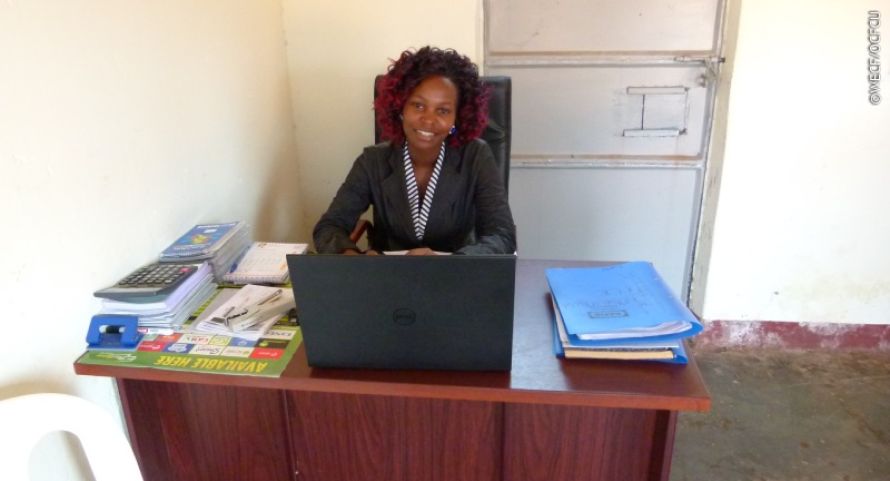Energy cooperative empowers women

The Challenge
Most Ugandans earn their living in agriculture and in agricultural cooperatives. The productivity of agricultural production is very low, which is why agriculture offers few jobs and few prospects, especially for young people. One problem is that very few regions are electrified. The government wants this to change, but the process is taking a long time. Therefore, citizens are initiating decentralised energy cooperatives based on renewable energies, a development that the government welcomes, because these isolated solutions are an important prerequisite for local and regional grid integration.
The Goal
The project partners want to expand their cooperation in decentralised energy projects and support existing coffee cooperatives to produce renewable energy in a decentralised way and make it available for productive use in the future. To facilitate this, a detailed start-up plan is to be drawn up. On this basis, an energy cooperative is then to be established within the coffee cooperative. In planning this “energy department”, the partners want to address, involve, qualify and integrate women in particular into the project. As they are disadvantaged in many ways. For example, both the land and the existing cooperative shareholdings belong almost exclusively to men.
Our Partners
The non-profit organisation Women Engage for a Common Future (WECF) promotes women and has extensive experience in the implementation of community energy projects and the establishment of energy cooperatives. In Uganda, WECF Deutschland e.V. cooperates with the organisation Action for Rural Women’s Empowerment (ARUWE) and Caritas Luweero. The latter has a large network in the communities of Kiboga and Luweero. ARUWE cooperates very closely with rural communities in the areas of agriculture, health and energy supply. Additional expertise is provided by three German partners, the company Solarpartner Süd Kienberg, the citizens’ energy cooperative BENG eG and the Bündnis Bürgerenergie BBEn e.V.
The Approach
The partners agreed on several steps to get a foundation plan for a concrete energy cooperative, including a business model, off the ground. After clarifying their approach and common goals, the Ugandan partners examine the prerequisites for an energy cooperative and draw up a catalogue of questions that forms the basis for a digital network meeting between German and Ugandan partners. At this meeting, the partners exchange information about the advantages and potentials of energy cooperatives, share experiences and expertise and formulate a concrete start-up plan. This includes information on different technologies, business models, financing mechanisms and the empowerment of women. Special attention is given to various barriers and opportunities, as well as responsibilities and measures on how to reduce obstacles. This results in a summary of the findings and recommendations for further action. Following the project, energy departments are to be formed in various coffee cooperatives based on the foundation plan, in which women and men are equally involved.


